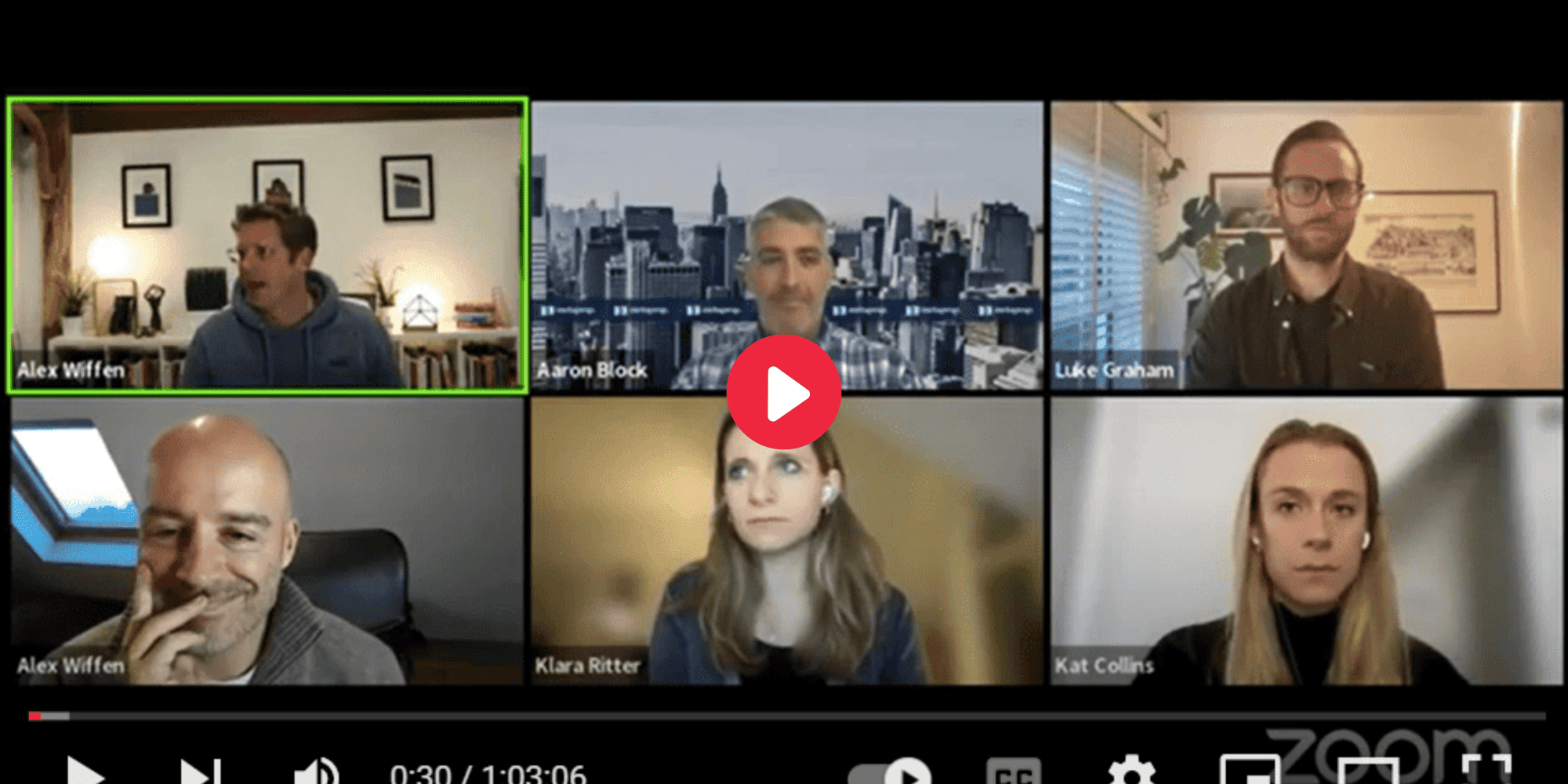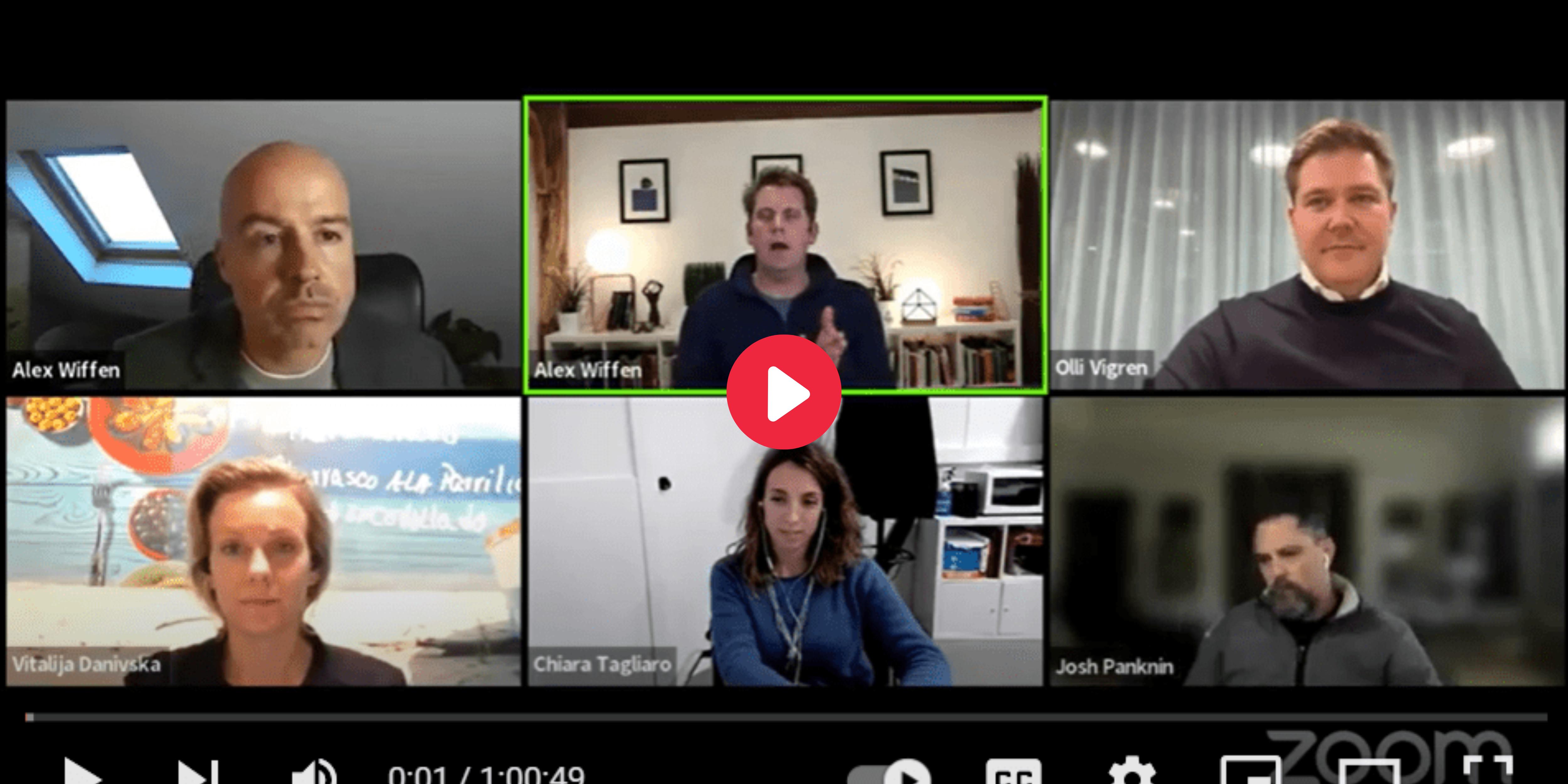In a recent webinar hosted by Alex Wiffen Wiffen, experts from JLL came together to discuss the current state and future of sustainable building design and construction. The conversations delved into a range of topics, including technological advancements, energy efficiency, social equity, and the role of policy and regulation. Here’s a breakdown of the key insights from each part of the discussion:
Technology Driving Sustainable Design
The experts emphasized the pivotal role technology plays in advancing sustainable building design. Building Information Modeling (BIM) emerged as a key tool that aids architects, engineers, and designers in creating more energy-efficient structures. Smart sensors and automation systems enable real-time monitoring of building performance, optimizing energy usage, temperature control, and occupant comfort.
Energy Efficiency and Net Zero Goals
The conversation shifted to energy efficiency and the challenge of achieving net-zero carbon emissions. The experts acknowledged that while renewable energy sources like solar and wind power are essential, equally crucial is reducing energy demand. HVAC analytics were highlighted as a game-changer, enabling a deep understanding of energy usage patterns and facilitating targeted efficiency improvements. The discussion also covered the importance of designing for passive solutions, such as natural ventilation and optimal orientation, to reduce energy consumption.
Social Equity, Data Sharing, and Regulatory Frameworks
The panellists delved into the intersection of sustainability and social equity. They emphasized the need to create inclusive spaces that consider diverse needs and abilities. Data sharing emerged as a critical element, with experts advocating for more collaboration between landlords, tenants, and policymakers to achieve accurate insights into building performance. The role of regulatory frameworks was highlighted, particularly in driving energy-efficient retrofits in existing buildings and pushing for sustainable practices.
Future Cities and Technological Frontiers
The discussion concluded with a look toward the future of cities and sustainable building technologies. Concepts like the “15-minute city,” where essentials are accessible within a short distance, were explored as potential ways to reduce carbon emissions from commuting. Nature-based solutions garnered attention, with insights into how incorporating green elements like trees and water management systems can mitigate urban heat islands and improve city resilience. A consensus emerged that holistic understanding of interconnected systems is key to achieving more sustainable urban environments.
In summary, the webinar series underscored that technology is at the forefront of sustainable building evolution. From smart sensors to innovative retrofitting solutions, the industry is rapidly transforming. However, achieving true sustainability requires collaboration, data sharing, and policy support. As cities look to the future, integrating nature-based solutions and rethinking urban planning hold promise in creating resilient, low-carbon environments that benefit both people and the planet.
Click Here to watch Future of Sustainable Buildings – Thriving in the ESG Era! Webinar;

Matthew Marson, Managing Director EMEA advisory at JLL Technologies;
Andre Bothma, Growth Principal at JLL Spark;
Alister Langdon, Senior Director UK Head of Integrated Sustainability Data.
We hope you find the discussion engaging and insightful! If you would ever be interested in joining us as a panellist please feel free to book a time into Alex’s diary to discuss – https://calendly.com/alex-wiffen/quick-chat



















